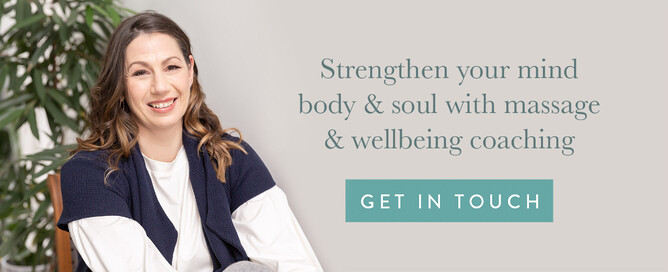Enforced gratitude is not helpful, and it can help people feel even more alone
Recently I read and was inspired by Guyon Espiner’s interview with Nigel Latta.
Clinical psychologist, author and TV presenter, Nigel Latta’s resilience and optimism have been stretched to the limits following a diagnosis of incurable cancer.
I was struck by these truisms from Latta: “You’ve gotta keep pushing back into that optimistic space… Optimism really is a superpower. It really does help.”
We’ve all been taught we need to be more resilient. But Nigel Latta says it’s more than that for him – it’s also about optimism. Never giving up hope. I find this relatable as I’ve always strived for a positive outlook to help me through serious health challenges and medical traumas.
A psychologist once told me the reason I bounce back from setbacks is because I’m resilient and adaptable. But the main thing for me is I’ve always looked at where can I be grateful. When you’re grateful, you tend to be more optimistic.
I need to be clear here: I’m not talking about toxic positivity. And I’d never say to myself or anyone else, you should be grateful. This type of enforced gratitude is not helpful, and it can help people feel even more alone.
And yet, I’ve always wondered why I have done well when other people with similar conditions to me may not. What’s behind my optimism? Why do I bounce back? Why do I not stay down for long?
It got me thinking that we can practice optimism and resilience every day.
Let me share with you my go-to strategies and rituals for maintaining – or returning to after a setback – my positive outlook on life.
I notice the small details and I’m grateful for the people around me
Decades of neuroplasticity and mindfulness work have taught me to savour the good and notice the small things.
I appreciate the highs when they come, but I’m not constantly grasping for that next milestone, achievement, experience, or buying the latest gadget, outfit, or car to make me happy. When times get hard, I know I can do hard things, but I can also see the beauty in the small things and be grateful for what I have.
Mindful morning walks with my daughter and my dog
When I throw a ball for my dog Jess on our walks, I love witnessing her joy as she chases and then fetches it. At the halfway point of our walk, my daughter and I sit and look out at the sea. She’ll snuggle into me. Sometimes we talk, sometimes we don’t. For me, that’s the richness of my life – I have a 15-year-old who wants to spend time with me and share my morning ritual. I drink in those moments. And I do that consistently every day.
Recording compliments squashes rumination and softens rejection sensitivity
Still, I’m human and have moments where my thoughts are unkind, or I might hyperfocus on a negative aspect of my day. I can be sensitive when I feel I’m being unfairly judged, when someone makes me feel I’m not a good person, or if I believe I’m failing at something.
To overcome this, I keep a record of evidence showing me that some people really like me, value me, and choose me because I help them. I keep a tally of times when my clients say they’ve thrived and are enjoying a better quality of life thanks to my support. I sometimes write this proof in a journal – other times I keep a mental record.
So even though I have these negative thoughts – which are very human – I can tell myself they are my inner critic’s stories, and I’ve gathered enough evidence to say it’s not reality. I don’t do this to soothe my ego, but to support my positive mindset.
Of course, there are times when I muck up! But if I give myself compassion and acceptance, I remind myself I did the best I could in the moment. And I vow to learn from it and respond differently next time.
Since menopause, my walks have become a non-negotiable part of my routine
During menopause, you can feel like your body’s betraying you. When you’re pregnant, your hormones take over towards the end and you have that lovely baby bundled in love. But with menopause, the result is eventually you will come through it.
One impact of menopause for me is I’ve become more sensitive. I can wake up in the morning with great anxiety and I don’t always know why. I have to start the day with lots of breathing and come into my body – rather than being stuck in my brain. The beautiful thing about our daily walks is usually by the time we’ve started, and especially by the time we’ve finished, that anxiety’s dissipated.
Being kind to myself during menopause starts with sleep
I go to bed earlier than the rest of my family and aim for good quality sleep. Being acutely aware of how I’m feeling, having compassion, and communicating well with my partner about it is important. Also having awareness that I am going through menopause – things will change – and I can’t control that.
I don’t drink alcohol on my own anymore, and I only occasionally drink with my partner. Around four times a month I might have two glasses over an evening. I want it to be an occasional treat I enjoy with my partner rather than something I rely on to wind down. Plus, alcohol is not great for sleep or mood.
The other thing I’ve noticed during menopause is my digestive system is more sensitive to caffeine and sugar. I can still eat cake occasionally, but not as much. I have family history of stomach cancer and so I’ve been proactive about screening for that. I know I’m privileged because I’ve got insurance, but for me it’s about prevention. I take ownership of my physical and mental health.
It’s not all bad – I’ve noticed some liberating things about growing older
Even though my body’s changing, I feel more confident. I find I’m not second guessing myself as much – and I’m owning the rich life experience which comes with getting older.
I haven’t dyed my hair for a year. I’m trying to age gracefully. Sure, my body’s not like it was in my 20s, but I’m grateful it has served me well.
As a heart child, ageing is absolutely a privilege
I’m now 50. I never thought in my wildest dreams I would still be here. I’ve got older and found a new partner and I’m falling in love again. It’s a real blessing.
It doesn’t matter what others are doing – what does success look like for you?
Nigel Latta said, “It’s okay to be average.” Most of us think we’re failing because in theory we’re just plodding along. It comes back to asking: what is success for you?
Success for me is having three children I love, who love me back and want to spend time with me. My daughter wrote me a beautiful Mother’s Day letter about how much she treasures our walks and appreciates our time together.
Professionally, I have a business that is still thriving in this tough climate. I also have a partner who loves and supports me.
For some of my clients and friends, it’s the first time they’re facing serious health challenges. Growing up with a heart condition allows me to be empathetic with others and support them on their health journey.
Getting up at 5am for my daily walks and meditation practice is not exciting or glamorous. But I know it’s helping me feel better and giving me quality of life. I’m grateful that I can go for a walk and not get out of breath. Those small, consistent actions are paying off.
Make space for calm and tranquil periods
I like it when things are quiet and just ticking along. It allows me breathing space – I appreciate the fact life can be soft and calm sometimes. We don’t have to strive for those big triumphant moments in life. There’s a sense of peace when life might appear pedestrian or “average” to others.
Bringing positivity and optimism into my work as a mindfulness coach and massage therapist
Several women visit my clinic with sore joints, and it gives me the opportunity to open a conversation about perimenopause and menopause.
I ask my clients questions like: Are you aware you could be in perimenopause? Are you aware some of the things that are happening could be symptoms of perimenopause or menopause? Are you aware MHT (HRT) could be helpful? Are you aware lack of sleep or pushing yourself too much in sports could be detrimental at this time of life?
MHT has had some historic bad press, but it’s given me more energy and it’s protecting my heart. There still needs to be more education around MHT – it’s actually safe for a lot of people. So, I think part of my job is opening these conversations and encouraging my clients to be curious and compassionate about their health.
Some mindfulness resources to help you
When you practice mindfulness, it allows you to tap into all those lovely things we’ve talked about in this blog – curiosity, compassion, acceptance, gratitude, resilience and a positive outlook.
If you come to Emma-Kate Wellbeing for coaching or massage, you immediately become part of our online VIP group. Here you can access mindfulness videos, other resources to help you cope with stress, and some simple strategies you can easily slot into your daily routine. I know a lot of people are struggling right now and need extra support – this is my way of giving back.
I’d love to support you back to positivity
I’m a coach with decades of life experience of health challenges, neurodivergence and medical trauma. With empathy and compassion, I can help you step out of overwhelm and feeling stuck so you can go back to thriving and living life on your terms.
As well as offering massage therapy, I have a few spots available for mindfulness and health coaching. Please reach out to me today or book a free consult.







